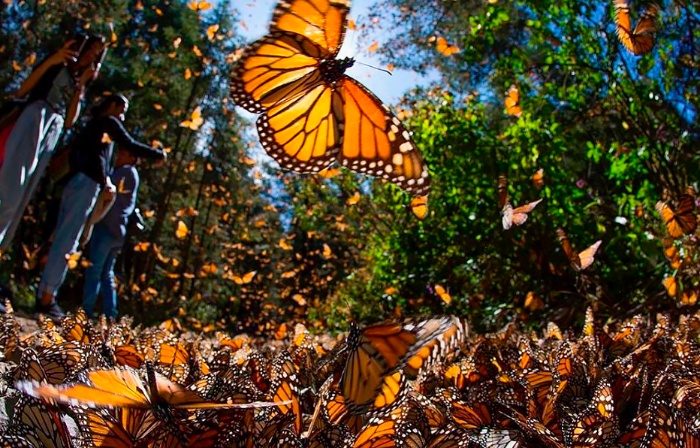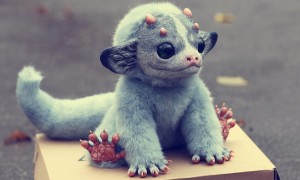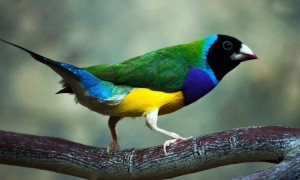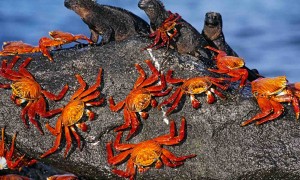Spring is the season of some of the most epic animal migrations. As the flowers blossom in the north, creatures from the smallest to the largest set out for a long journey across the planet.
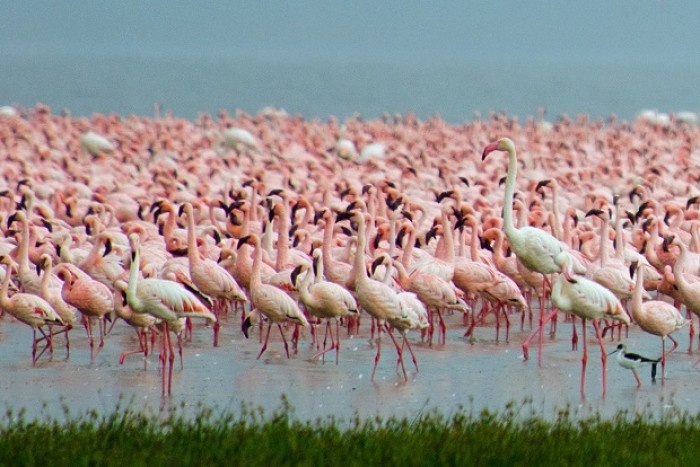
We have all seen cartoons with animal migration for kids, but in reality, these movements have massive scale and proportion. Thousands of animals become part of this huge seasonal wildlife migration that happens every year.
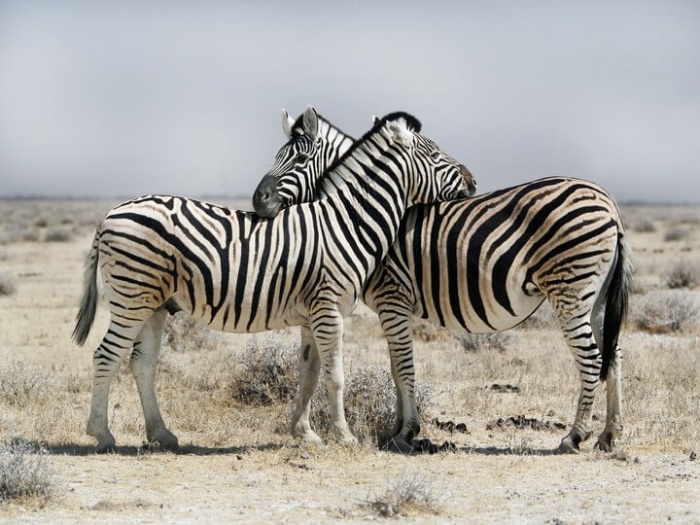
From butterflies to whale migration, let’s take a look at this epic journey across the world.
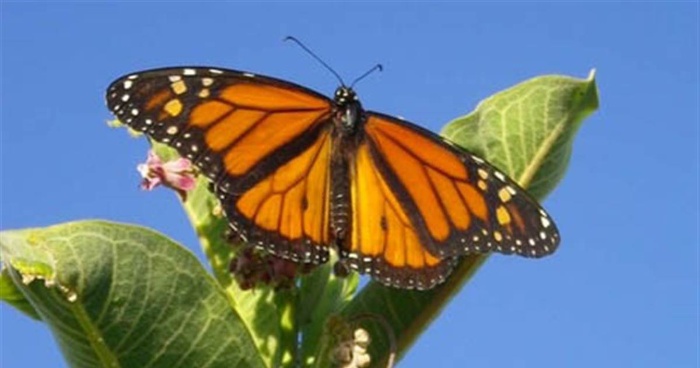
Monarch Butterflies
The monarch butterfly migration is one of the most popular we know of. It is a fascinating phenomenon too. Millions of bright-coloured butterflies set on a 1.900-mile journey from Mexico to the northern parts of the U.S and Canada. They also make one important stop along the way to lay eggs. The journey requires four or five generations to complete.
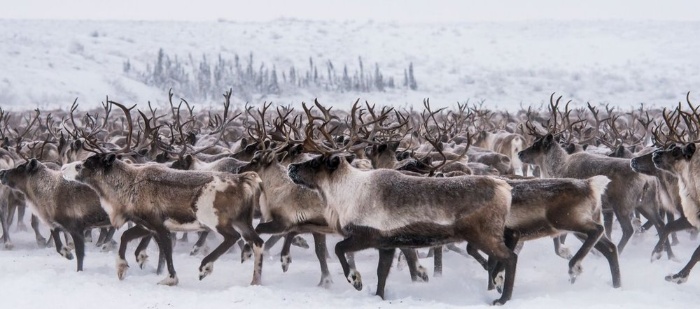
Reindeer
More than half a million reindeer known as caribou live in Alaska. They live in herds some with more than 100,000 animals that migrate north to the Arctic. The distance is about 400 miles but they are taking a longer route which is 3,000 miles to complete the round trip. Other herd living in Ontario and Quebec in the winter goes to the tundra each spring where they find a rich field with plants and grass.

Dragonflies
This tiny creature is a champion migrator among insects. It takes 11,000 miles journey while following seasonal rains looking for pools to lay its eggs. However, they don’t cover this distance alone; multiple generations complete it over several months. For every generation, this is a new route, but they always know where to go. The dragonflies travel from Africa to India and back.
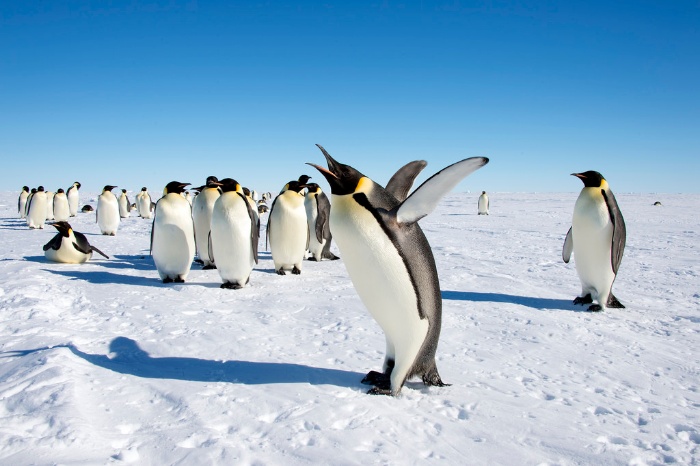
Emperor Penguins
The winter in Antarctica stars in April which means a drop in temperatures. This is when the emperor penguins star marching about 100 miles or more to the interior of the continent. The colonies of the emperor penguins are tracked by satellite to monitor the population.
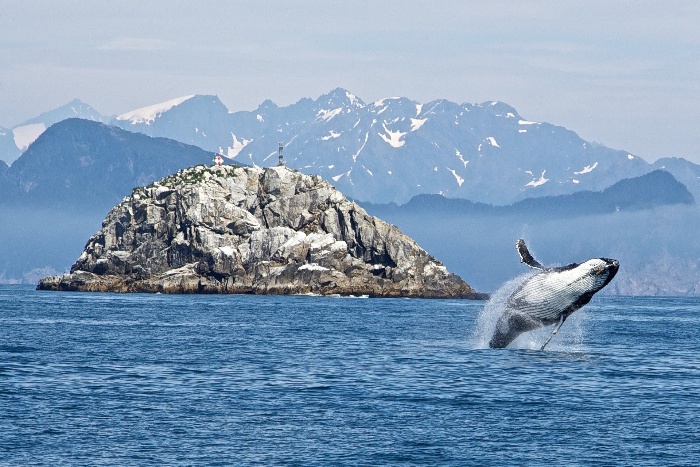
Gray Whales
The grey whales are one of the sea animals that migrate. They take their 10,000 to 14,000 round trip along North America’s Pacific Coast each spring. This is the longest mammal migrations in the world. The journey takes two to three months but they end up in the rich feeding grounds of the Arctic Bering. Mother whales with their calves remain quite close to the shore during this migration where they can be spotted rising to breathe.
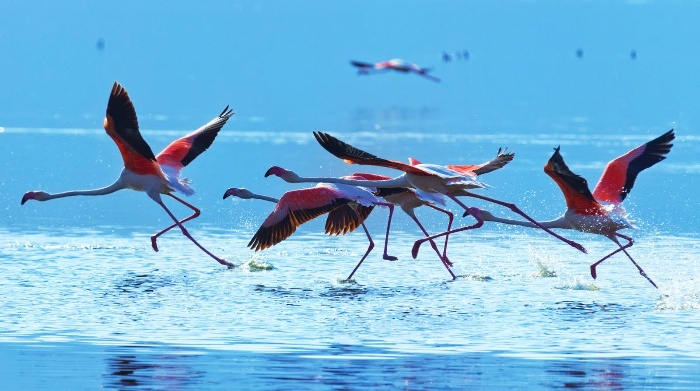
Spring is almost here and the animal kingdom is ready for an epic journey. These amazing migrations feature a lot of different species from birds to fish, to the largest mammals to the tiniest insects.
Their journeys are as different as the species themselves but they have one thing in common they are long, hard and challenging. But it is a journey to new life, to resources that animals wouldn’t be able to find if they stayed put. This keeps the population strong.
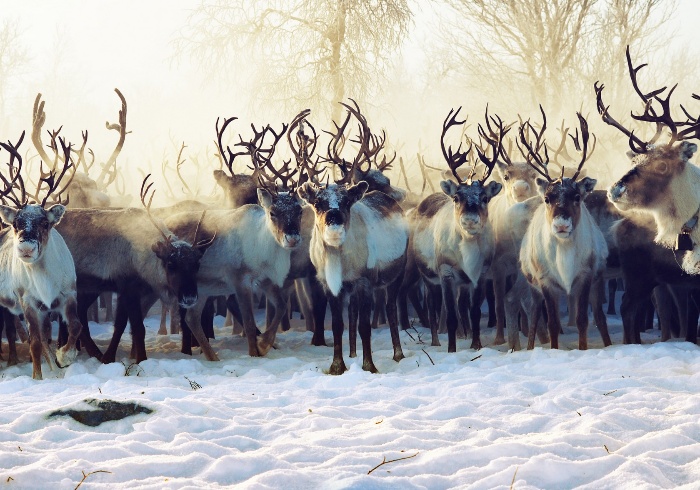
If you are in the right spot on the planet, you may even catch some of the world’s most incredible animal migrations.

